No deal in sight as US debt ceiling deadline approaches
Congress has only a couple of weeks to avert another government shutdown over the federal debt ceiling and Senate leaders do not appear to be anywhere close to a deal.
The United States narrowly avoided default in October after congressional Republicans refused to vote to increase the nation’s debt borrowing limit, forcing Democrats to pass a short-term extension, setting up another showdown for early December.
Lawmakers now face a December 3 deadline to raise the debt ceiling before the US defaults on its debt.
There is no indication that lawmakers can unite behind an omnibus spending bill before that deadline, especially since Republicans have already signaled their opposition to another increase to the debt ceiling, despite the potentially severe consequences of a US default.
In a recent letter to Congress, Treasury Secretary Janet Yellen warned that the Treasury would be left with insufficient remaining resources to finance the government beyond December 15.
The debt ceiling puts a cap on how much the federal government can borrow to pay its bills. Since the end of World War II, Congress has passed nearly 100 modifications to the debt limit to keep financing the government. But lawmakers from both parties have in recent years turned the process into a partisan political cudgel.
Rep. Brendan Boyle, a Pennsylvania Democrat, reintroduced a measure in February that would abolish the debt limit. It has only seven co-sponsors, all Democrats. A similar bill has been introduced in the Senate.
“I think that's the most sensible way to do it because it serves no purpose," House Budget Committee Chairman John Yarmuth, Democrat of Kentucky, said of the debt ceiling. "I mean, it's been in effect for 100 years and it certainly hasn't constrained the debt in any way. And all it's done is open up opportunities for mischief and brinksmanship.”
Secretary Yellen also testified in September that she supports abolishing the debt ceiling altogether.
The US government has been shut down over failure to raise the debt ceiling before but it has never defaulted on its debts.
A default, Yellen has recently warned, would "probably cause a recession” and could put Social Security and child tax credit payments at risk.
Defense Secretary Lloyd Austin has also painted a grim picture should the US default on its debts, warning that the military might not be able to pay service members, civilians or contractors.
Despite catastrophic repercussions that a default would have for the US economy, Republicans and Democrats are still far away from reaching a deal to raise the debt limit.
Senate Minority Leader Mitch McConnel, Republican of Kentucky, has suggested that Democrats handle the issue on their own given that they have pursued a massive social spending agenda without Republican support.
Democrats insist that Majority Leader Chuck Schumer should not allocate a week of Senate floor time to the arcane budget reconciliation process to raise the debt limit without any Republican votes.
The federal government provides states with about $750 billion in annual aid, which they use to fund programs ranging from Medicaid, which covers about 75 million Americans, to food stamps, used by about 42 million households. The federal aid also includes funding for schools, roads, transportation, and various housing programs for low-income families.
VIDEO | Press TV's news headlines
VIDEO | Pakistan mosque attack in Islamabad sparks protests in Kashmir, Kargil
Hamas condemns Israel's 'fascist settler-colonial' project aimed at annexing West Bank
Iran's Greco-Roman wrestling team wins championship title at Zagreb Open 2026
VIDEO | UK arrests Press TV contributor amid crackdown on pro-Palestine activism
VIDEO | Axis of Resistance stands as multinational front for justice
Swiss academics call for end to research treaty with Israel over Gaza genocide
VIDEO | Israeli regime harasses, tortures Gazans returning through Rafah crossing


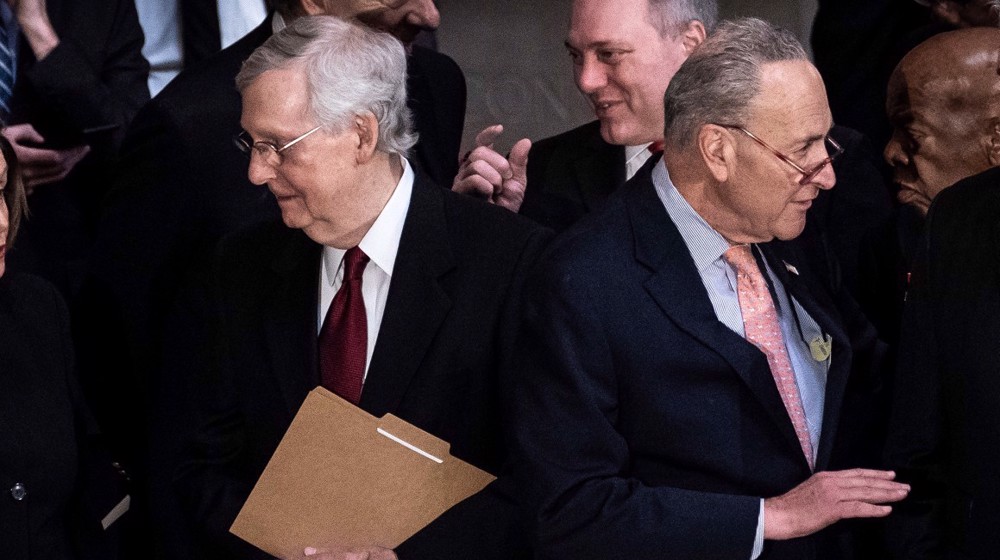
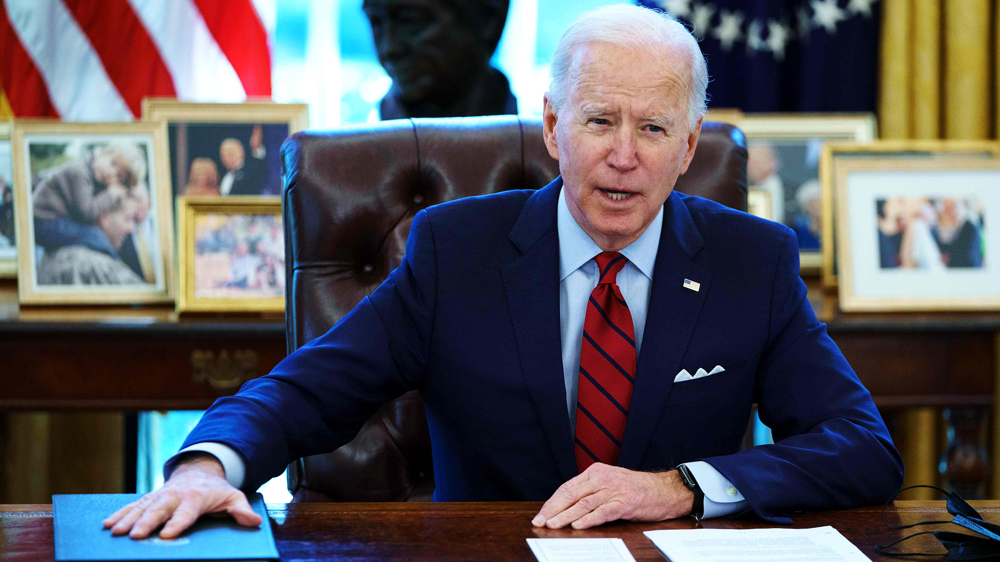
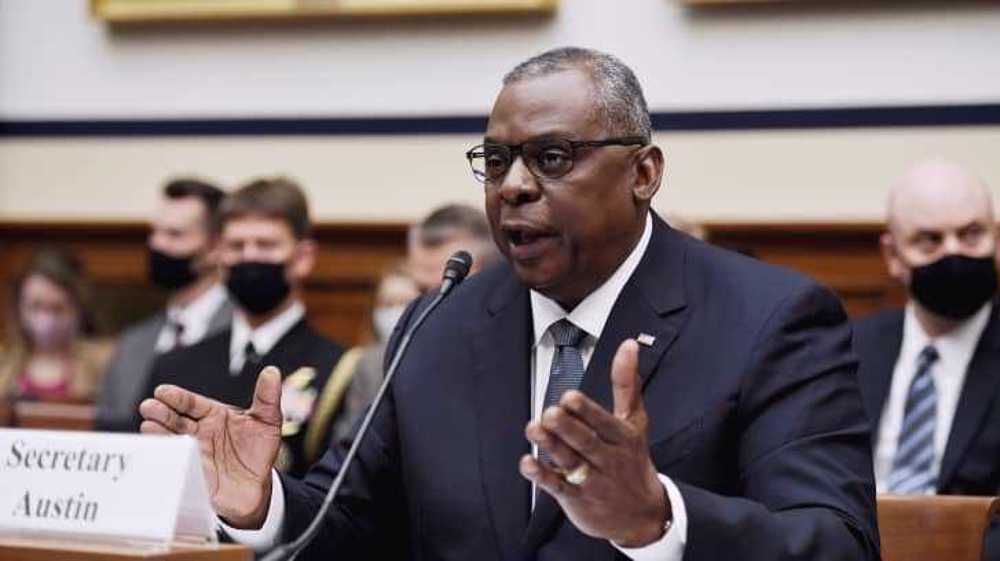

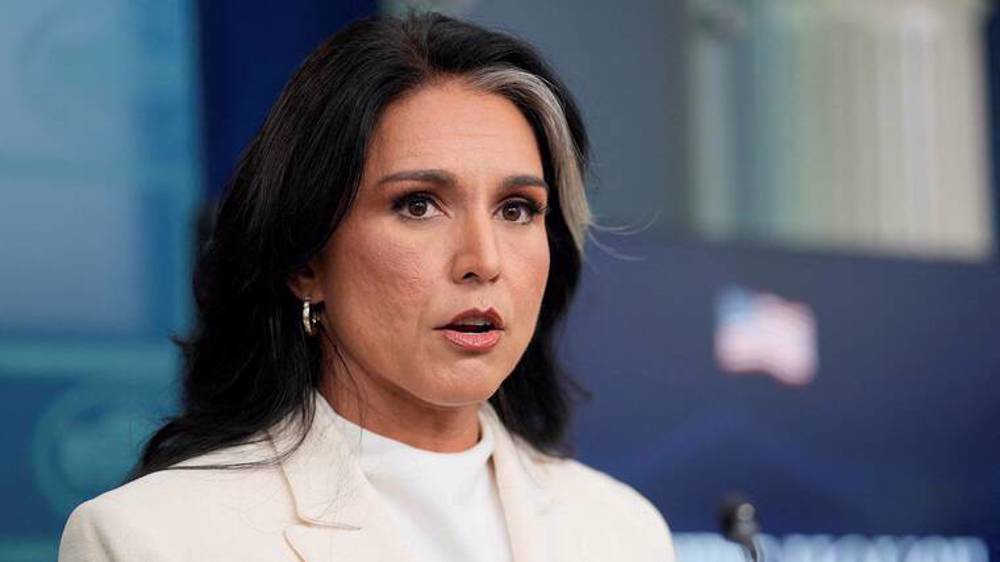




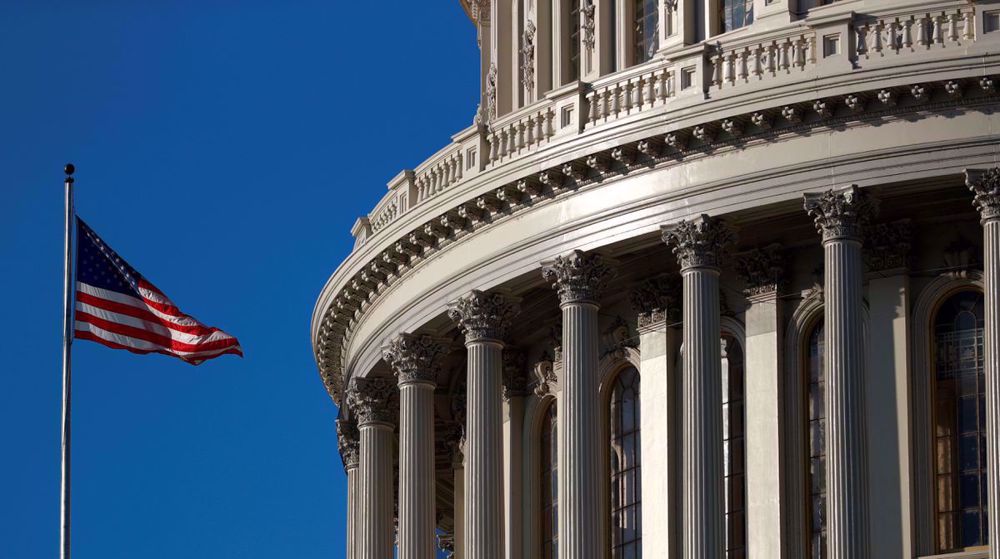
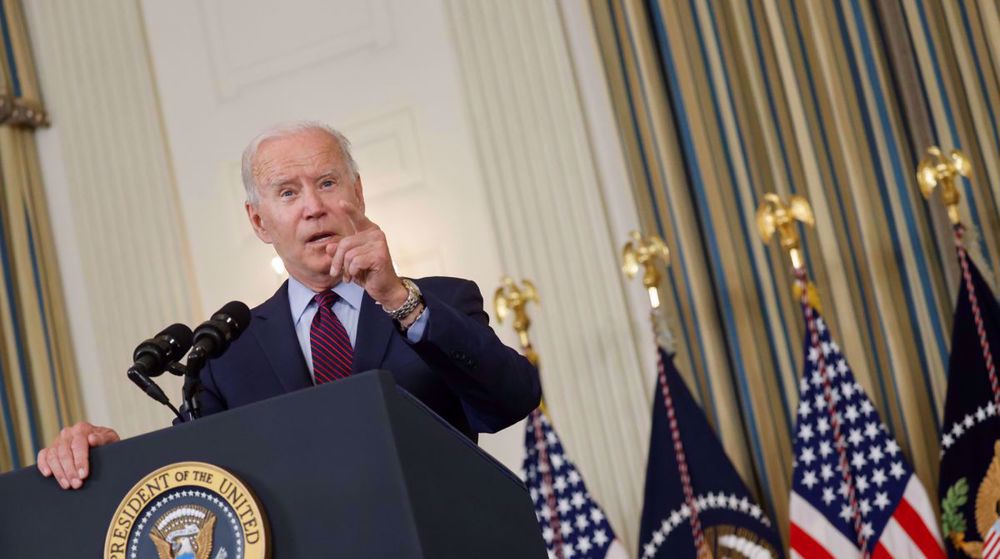


 This makes it easy to access the Press TV website
This makes it easy to access the Press TV website